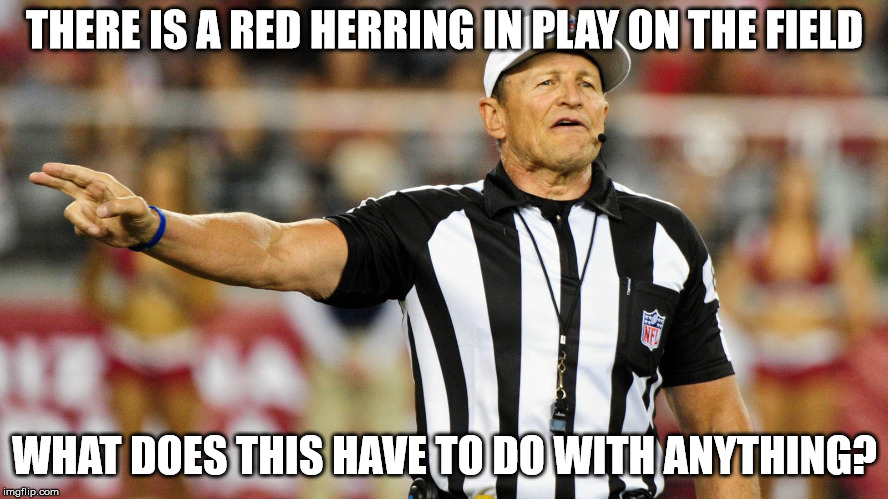that would give us evidence of something we could say was "god-like" but it wouldn't be evidence of "god". assume supernatural beings did exist, the first thing you'd say is that "god" is beyond you, too. for example, insofar as anything exists, it does not choose to exist because choosing to exist implies existence prior to existence (implies choosing prior to a state where choosing becomes possible. which is existence). there are some good logical arguments about "god", again very abstract use of that term, being a kind of universe-external entity. dovetails with big bang theory a little.
looking for the origins of the universe is akin to looking for something prior to the possibility of that thing's existence. which is why arguments for non-existence, the ones which seem comprehensible, are entirely paradoxical and must deal mostly in logic (like set theory).



